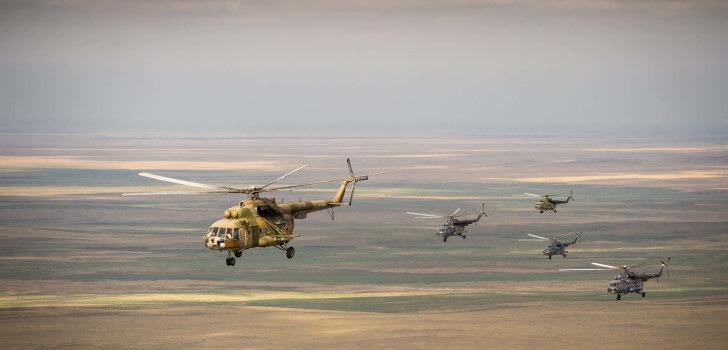The situation in Syria is spiraling further out of control, as recent reports indicate that Turkey shot down a Russian fighter jet. According to Turkish officials, the aircraft was violating their airspace, even after being warned several times to leave. Russia has denied this, saying that the aircraft never crossed the border into Turkey. The shot down fighter jet was reportedly engaged by two F-16 jets.
Russian President Vladimir Putin has called Turkey a “backstabber”, and he also accused the country of funding ISIS and supporting terrorism. The Free Syrian Army has since released two videos of its fighters celebrating over the body of the dead Russian pilot. The Free Syrian Army is working with the al-Nursa terrorist organization, and they have received funding from both the United States and Turkey.
Additionally, the Free Syrian Army says that it shot down a Russian helicopter on their own. The attack against the helicopter is reportedly a separate incident from the Turkish attack against the Russian fighter jet. Reports indicate that the Free Syrian Army used an anti-tank missile to bring down the helicopter. It is very likely that it received the missile from the United States. The Free Syrian Army is currently looking for the two pilots of the helicopter.
Since the Russians began conducting airstrikes in Syria at the end of September, the usage of American-made missiles by Syrian rebel groups has increased by more than 800%. The rebels have managed to slow down the advances that have been made by the forces of Syrian President Bashar al-Assad and the Syrian government by destroying dozens of their tanks and other types of armored vehicles.
Needless to say, if the reports are indeed true, the United States could have a major enemy on their hands with Russia. It is very likely that Putin will be less than pleased if he finds out that American missiles were used to take down aircrafts of his country. The situation is quickly escalating, and we might soon reach the point of no return.
Stay Connected